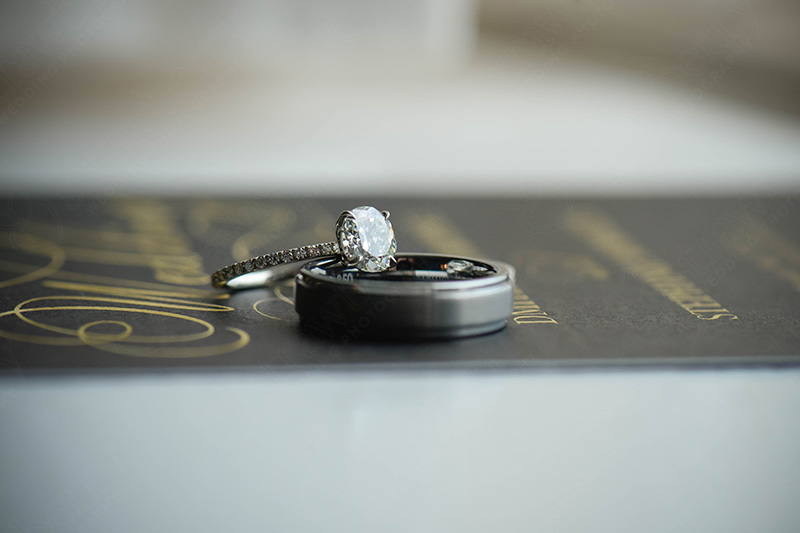With so much to worry about before, during, and after your wedding, it’s understandably hard to keep up with the rules on what you should and shouldn’t do as the bride and groom-to-be. But as you’re tasting cakes, ordering your rentals, and finalizing the guest list, it’s important to keep etiquette in mind.
After all, you don’t want to inadvertently offend anyone.
Don’t worry. To master wedding etiquette, you pretty much just need a dose of common sense mixed with a good planning and organization skills.
Before you start sending out invites and planning your menu, keep these etiquette tips in mind.
Deciding on the Guest List
When it comes to choosing which guests are invited and which ones aren’t, try to set clear boundaries. If you’re inviting your great-aunts and uncles on your mother’s side, it’s best to also include those on your father’s side. Keeping things even helps you draw a clean line in the sand. That way, family, and friends will better understand why they were or weren’t on the guest list.
Another consideration is children. Some couples welcome them at the wedding, others prefer they don’t come. Again, draw a clear line so everyone is on the same page.
Sending Out Invites
There’s a fine line between sending invites out too early, versus being late. If guests are expected to travel, plan transportation, or book accommodations, send invites 10-12 weeks out from the event. For primarily local events, 8-10 weeks is an appropriate amount of time.
Request that guests RSVP around 4 weeks from your wedding date. This leaves plenty of time to track down any stragglers and finalize numbers with vendors.
Vendors 101
Speaking of confirming with vendors, it’s always good to keep in touch regularly before the wedding. It’s perfectly acceptable to reach out in the days and weeks before the event to tie down any loose ends.
But remember, your vendors are playing a big role in your event so be sure to include them in the food tally as you plan your final numbers. A hot meal does wonders in keeping staff/vendor morale up and let them know you appreciate their hard work.
Tipping is also suggested with some vendors, including the food servers, bartenders, and anyone who goes above and beyond such as the band, florist, etc.
Recognizing Bridal Party Expenses
Being a bridesmaid today is an expensive job. On average, a typical bridesmaid shells out over $1,300 to be in a wedding. Phew!
When asking your friends and family to consider accepting the roles of “Bridesmaid” at your wedding, keep expenses in mind. If you know a friend may not be able to cover it, then be honest with her up front. Let her know you want her to be in the wedding, but you don’t want to force her into an uncomfortable financial situation. She’ll appreciate the honesty and the respect.
To make it a bit easier on your bridesmaids, consider a lenient dress policy or offer to cover a portion of the hair and makeup costs.
Receiving Gifts
When it comes to wedding gifts, keep in mind that everyone has their own theory about what is appropriate and what isn’t. There are different approaches depending on your culture, religion, geography, etc.
Some guests insist that it’s important to, at the very least, cover the cost of their meal. Other’s only give what they are able to. As the gift start arriving at your doorstep, remember to write down who gave you what, and send a thank you within three months of your wedding day.
Whatever you do, don’t take the lack of a gift or a small gift as a slight to you, your relationship, or your wedding. People simply give what they can.
With so many moving parts involved in the average wedding, it’s easy to overlook decorum. However, a little forethought can help you stay focused and respectful of your guests, family, vendors, and more.
Stay tuned for Wedding Etiquette 101: Part 2!
